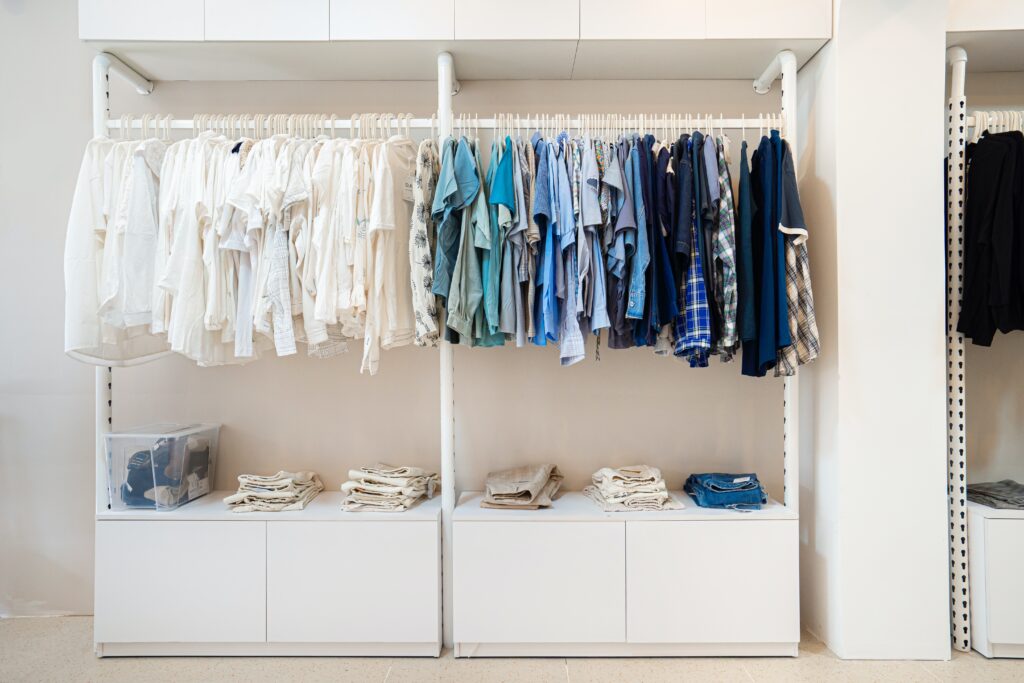Written by Calliope Carion

Intro
Responsibilities at work do not just begin with your daily tasks and duties. These responsibilities also involve going to work clean, dressed properly, and knowing what you can and cannot do on the job in regards to hygiene. These may seem like common sense tips, but sometimes people may be unaware of the expectations of the workplace or the effect their appearance may have on their professional relationships. There are many universal tricks regarding uniforms and hygiene that you can apply to your professional life seamlessly. Your supervisor will be able to give you more specific rules and tips for your work location as well.
Uniform policy
Uniform policy will vary from unit to unit, but it is important to keep the following tips in mind:
- Come to work with a clean uniform…this means no stain, no overwhelming odor, and clothing that is not falling apart. If you have a uniform that is beginning to split at the seams or developing holes, bring this up with your supervisor for a replacement.
- Come to work with a proper uniform. Your supervisor will go over the appropriate uniform (the appropriate shirt, pants, headgear, and shoes). If you need accommodations, that is something you need to discuss with your supervisor.
- Refrain from wearing clunky and flashy accessories, as those can get caught. These can be a hazard, as well as distracting.
- Wear the right shoes! Most workplaces require that you wear closed-toed shoes. It’s also a good idea to wear shoes that give you enough support, particularly if you’re standing for long periods.
Personal hygiene
Personal hygiene is the way you take care of and groom your body. This includes frequent bathing, having clean hair, wearing clean clothes, having well maintained fingernails, and brushing your teeth each day (maintaining good oral hygiene). Following the standards of personal hygiene is a great way to remain presentable and fresh for all of your commitments…but especially work. You may also have additional hygiene measures to take at work, which entirely depends on where you work and what your supervisor requires. For instance, some individuals who work in food preparation may need to keep short fingernails for food sanitation purposes.
It’s also helpful not to go overboard in the other direction with lots of perfume, cologne or other scented products. Many individuals have sensitivities to these fragrances, so use them sparingly.
Expectations at work
Similarly to how you’re expected to get projects and tasks done in a timely fashion, you are also expected to follow your job’s dress code and maintain appropriate hygiene. Some neglect hygiene, which causes discomfort for the entire office (especially if it’s an odor problem). And some uniform infractions are distracting (such as flashy and/or inappropriate clothes), which can cause conflict in the workplace. Most hygiene related issues can be corrected easily with a little deodorant, a tooth brush, and a comb.
RESOURCES